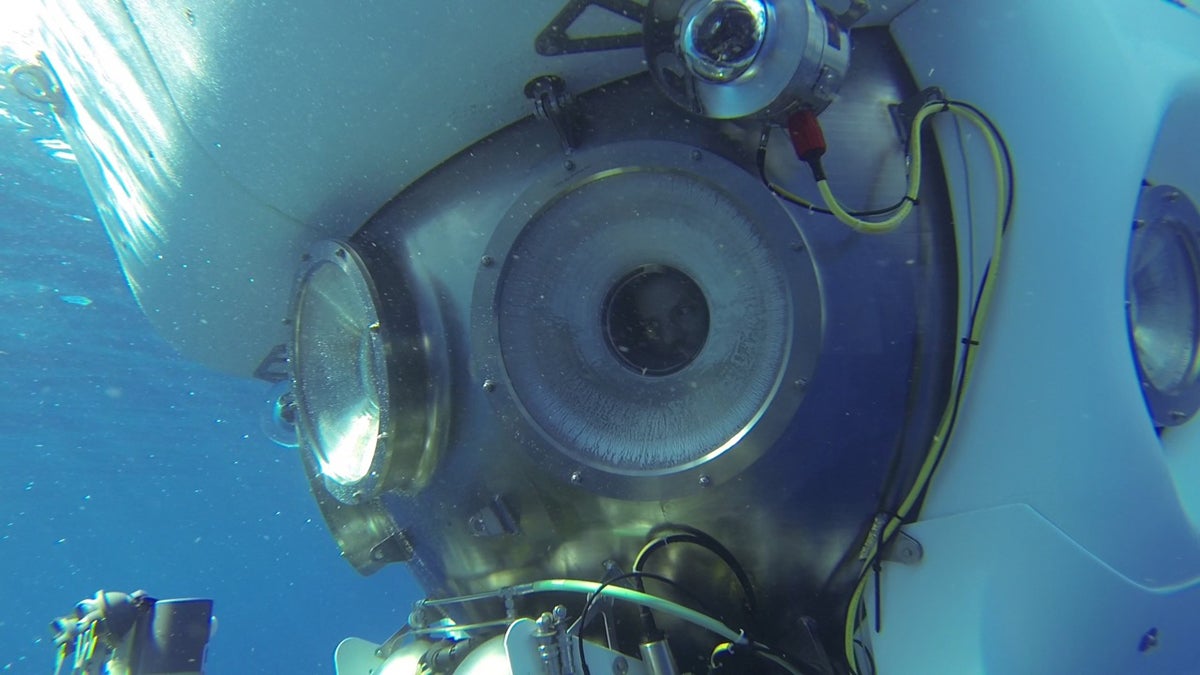500 meters down, a deep-sea researcher describes what he sees
Listen
Erik Cordes
Researcher Erik Cordes talks about coral reefs and sharks via two-way radio at the bottom of the Gulf of Mexico.
A couple weeks ago, we sat down in our studios with a researcher named Erik Cordes, who is in the middle of a three-year project funded by the National Science Foundation, to discuss the effects of ocean acidification on deep sea coral reefs.
“About half of the CO2 that we’re dumping in the atmosphere ends up in the oceans, and what that does in the oceans is, it’s basically making soda water,” Cordes told host Maiken Scott. “As you bubble CO2 through it, it becomes an acid and lowers the pH of the seawater and this makes the seawater become corrosive to any organisms that lay down a skeleton or a shell made out of calcium carbonate.”
Cordes’ work is important in more ways than one. Not only will his findings contribute to efforts to keep coral reefs at the bottom of Earth’s oceans safe and thriving, but they will also likely become ammunition in the climate change fight.
We asked if we could check back in with him while he was in the three-man submersible Alvin on his next dive, and he agreed, so we phoned him up 500 meters below the surface of the Gulf of Mexico.
WHYY is your source for fact-based, in-depth journalism and information. As a nonprofit organization, we rely on financial support from readers like you. Please give today.



